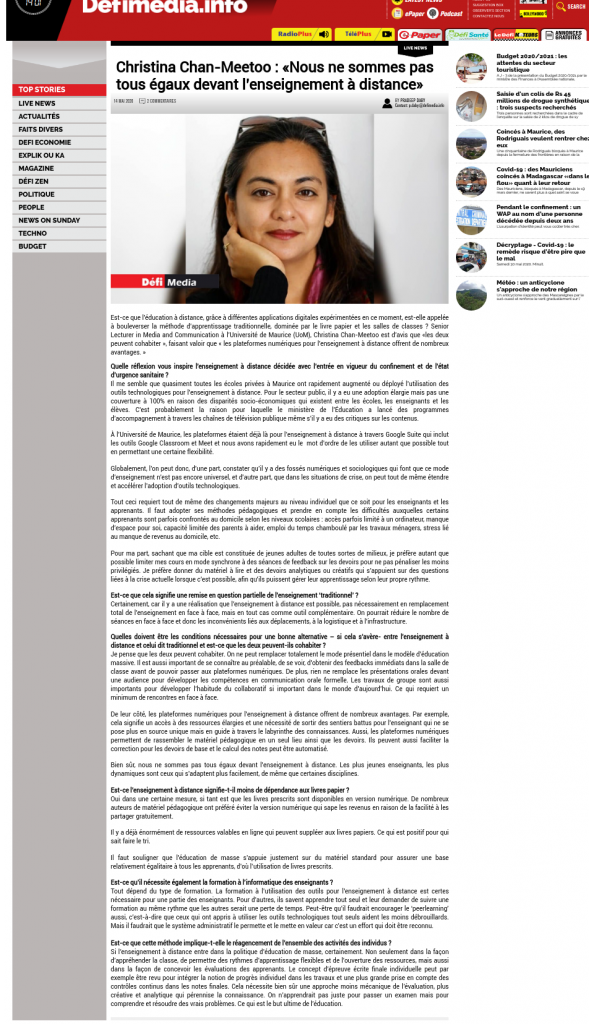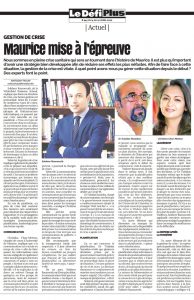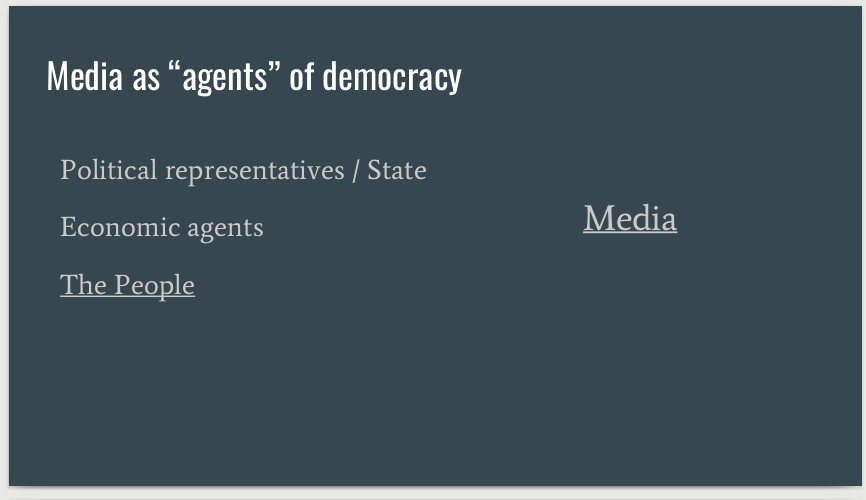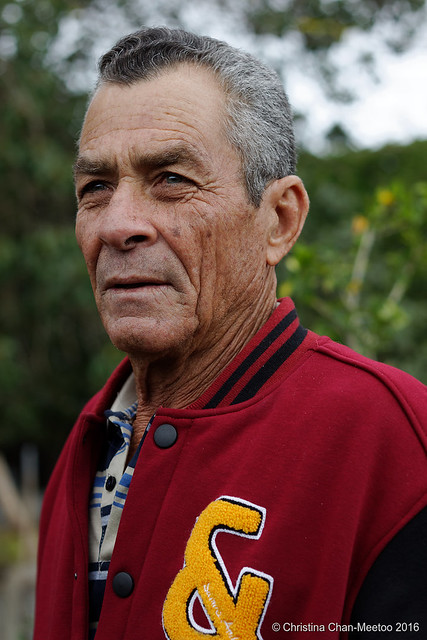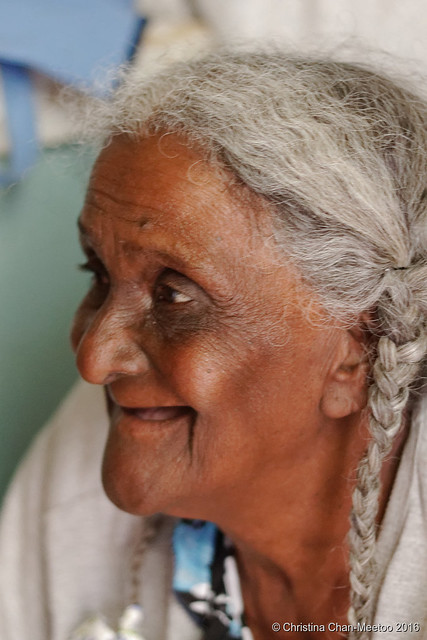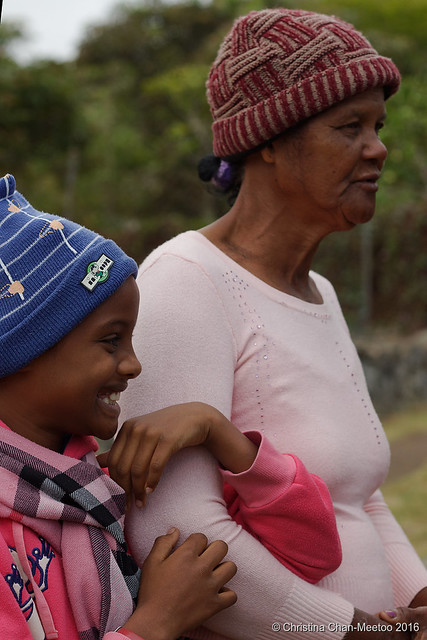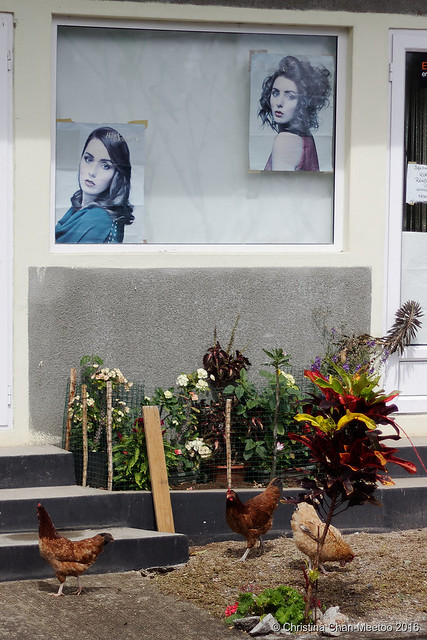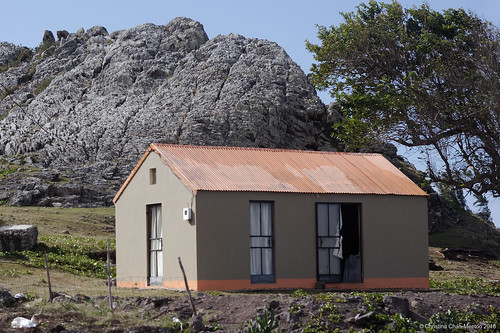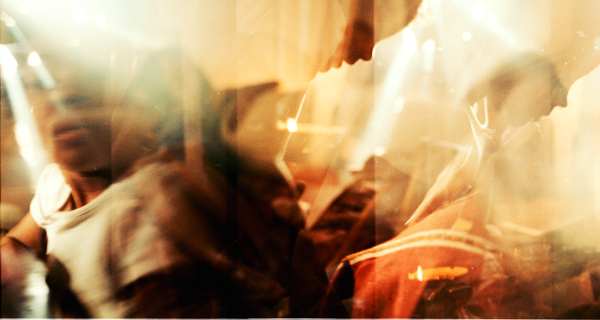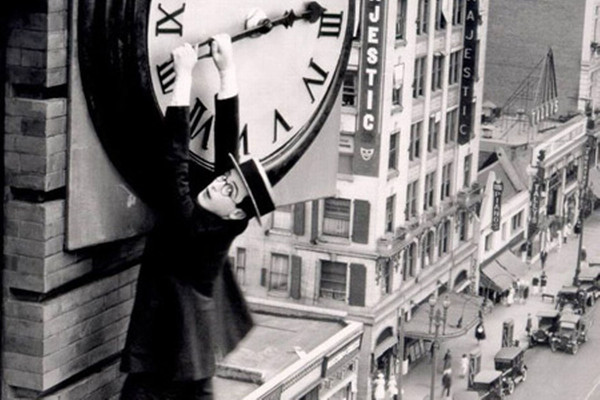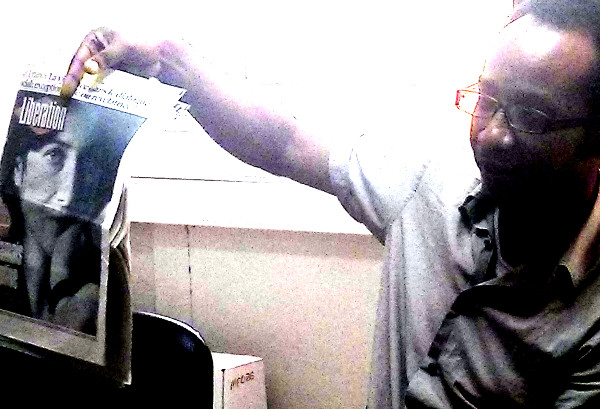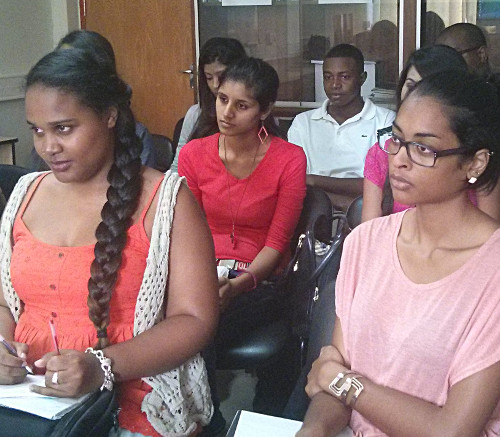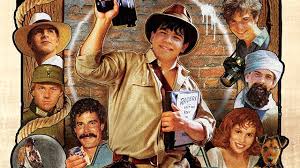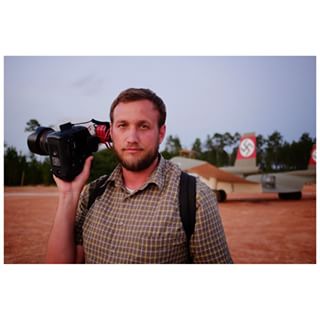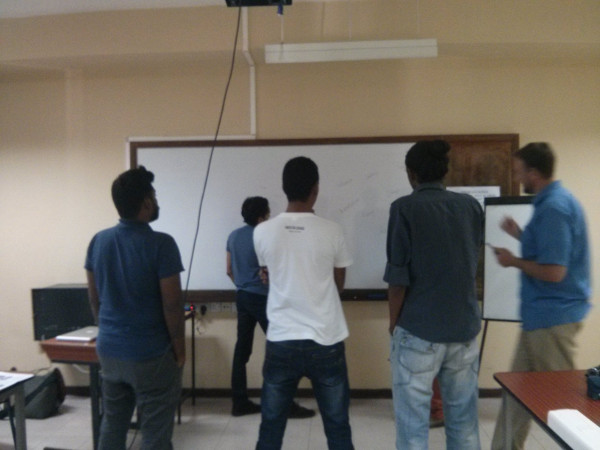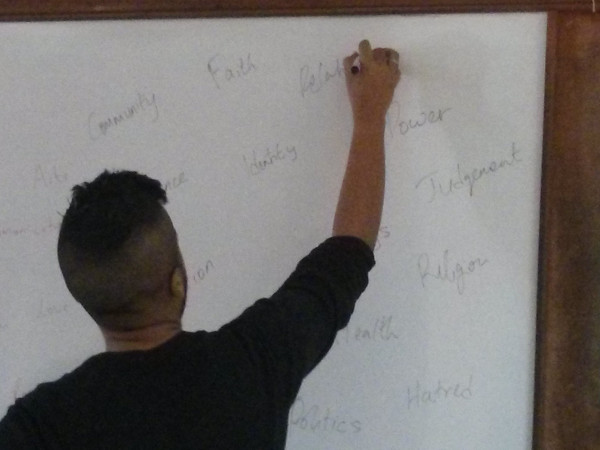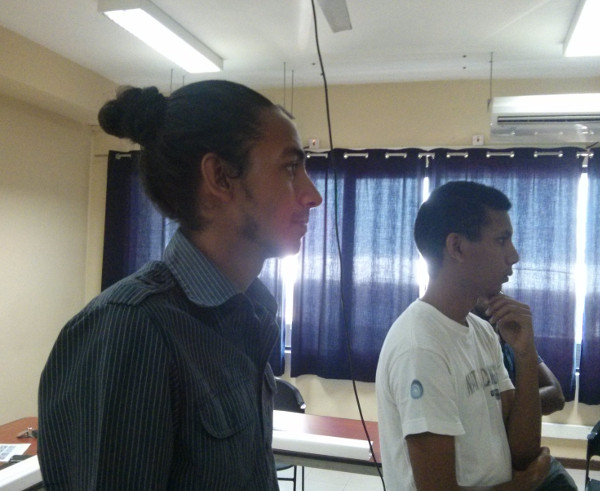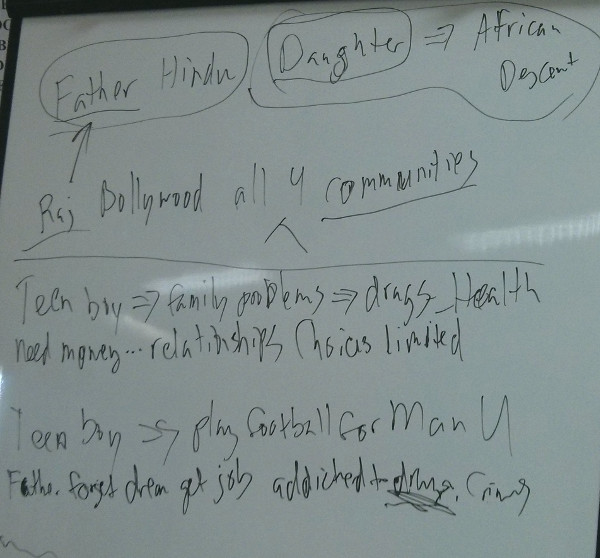Article paru dans Le Défi le 14 mai 2020
Interview réalisée par Pradeep K. Daby
Est-ce que l’éducation à distance, grâce à différentes applications digitales expérimentées en ce moment, est-elle appelée à bouleverser la méthode d’apprentissage traditionnelle, dominée par le livre papier et les salles de classes ? Senior Lecturer in Media and Communication à l’Université de Maurice (UoM), Christina Chan-Meetoo est d’avis que «les deux peuvent cohabiter », faisant valoir que « les plateformes numériques pour l’enseignement à distance offrent de nombreux avantages. »
Quelle réflexion vous inspire l’enseignement à distance décidée avec l’entrée en vigueur du confinement et de l’état d’urgence sanitaire ?
Il me semble que quasiment toutes les écoles privées à Maurice ont rapidement augmenté ou déployé l’utilisation des outils technologiques pour l’enseignement à distance. Pour le secteur public, il y a eu une adoption élargie mais pas une couverture à 100% en raison des disparités socio-économiques qui existent entre les écoles, les enseignants et les élèves. C’est probablement la raison pour laquelle le ministère de l’Éducation a lancé des programmes d’accompagnement à travers les chaînes de télévision publique même s’il y a eu des critiques sur les contenus.
À l’Université de Maurice, les plateformes étaient déjà là pour l’enseignement à distance à travers Google Suite qui inclut les outils Google Classroom et Meet et nous avons rapidement eu le mot d’ordre de les utiliser autant que possible tout en permettant une certaine flexibilité.
Globalement, l’on peut donc, d’une part, constater qu’il y a des fossés numériques et sociologiques qui font que ce mode d’enseignement n’est pas encore universel, et d’autre part, que dans les situations de crise, on peut tout de même étendre et accélérer l’adoption d’outils technologiques.
Tout ceci requiert tout de même des changements majeurs au niveau individuel que ce soit pour les enseignants et les apprenants. Il faut adopter ses méthodes pédagogiques et prendre en compte les difficultés auxquelles certains apprenants sont parfois confrontés au domicile selon les niveaux scolaires : accès parfois limité à un ordinateur, manque d’espace pour soi, capacité limitée des parents à aider, emploi du temps chamboulé par les travaux ménagers, stress lié au manque de revenus au domicile, etc.
Pour ma part, sachant que ma cible est constituée de jeunes adultes de toutes sortes de milieux, je préfère autant que possible limiter mes cours en mode synchrone à des séances de feedback sur les devoirs pour ne pas pénaliser les moins privilégiés. Je préfère donner du matériel à lire et des devoirs analytiques ou créatifs qui s’appuient sur des questions liées à la crise actuelle lorsque c’est possible, afin qu’ils puissent gérer leur apprentissage selon leur propre rythme.
Est-ce que cela signifie une remise en question partielle de l’enseignement ‘traditionnel’ ?
Certainement, car il y a une réalisation que l’enseignement à distance est possible, pas nécessairement en remplacement total de l’enseignement en face à face, mais en tout cas comme outil complémentaire. On pourrait réduire le nombre de séances en face à face et donc les inconvénients liés aux déplacements, à la logistique et à l’infrastructure.
Cela dit, je peux imaginer que certains enseignants se sont tout simplement contentés de transposer leurs cours traditionnels sur une plateforme vidéo. Mais, ce serait dommage de se limiter à cela.
Quelles doivent être les conditions nécessaires pour une bonne alternative – si cela s’avère- entre l’enseignement à distance et celui dit traditionnel et est-ce que les deux peuvent-ils cohabiter ?
Je pense que les deux peuvent cohabiter. On ne peut remplacer totalement le mode présentiel dans le modèle d’éducation massive. Il est aussi important de se connaître au préalable, de se voir, d’obtenir des feedbacks immédiats dans la salle de classe avant de pouvoir passer aux plateformes numériques. De plus, rien ne remplace les présentations orales devant une audience pour développer les compétences en communication orale formelle. Les travaux de groupe sont aussi importants pour développer l’habitude du collaboratif si important dans le monde d’aujourd’hui. Ce qui requiert un minimum de rencontres en face à face.
De leur côté, les plateformes numériques pour l’enseignement à distance offrent de nombreux avantages. Par exemple, cela signifie un accès à des ressources élargies et une nécessité de sortir des sentiers battus pour l’enseignant qui ne se pose plus en source unique mais en guide à travers le labyrinthe des connaissances. Aussi, les plateformes numériques permettent de rassembler le matériel pédagogique en un seul lieu ainsi que les devoirs. Ils peuvent aussi faciliter la correction pour les devoirs de base et le calcul des notes peut être automatisé.
Bien sûr, nous ne sommes pas tous égaux devant l’enseignement à distance. Les plus jeunes enseignants, les plus dynamiques sont ceux qui s’adaptent plus facilement, de même que certaines disciplines.
Est-ce l’enseignement à distance signifie-t-il moins de dépendance aux livres papier ?
Oui dans une certaine mesure, si tant est que les livres prescrits sont disponibles en version numérique. De nombreux auteurs de matériel pédagogique ont préféré éviter la version numérique qui sape les revenus en raison de la facilité à les partager gratuitement. [Read more…] about Nous ne sommes pas tous égaux devant l’enseignement à distance
